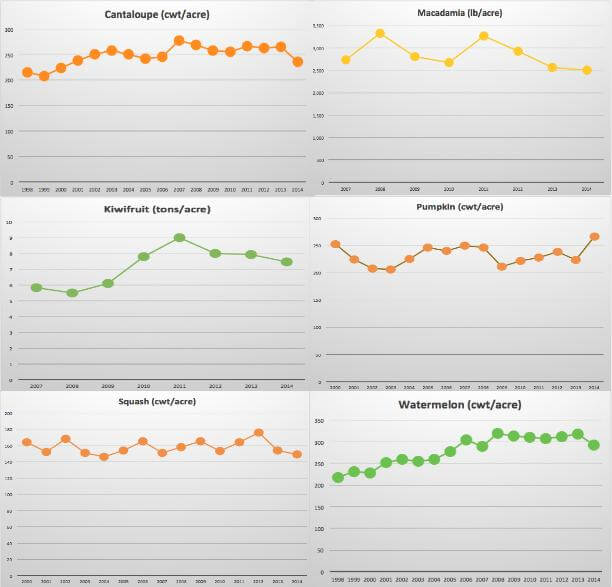 Credit: Bee Movie
Credit: Bee Movie
When we read statements from environmental groups about bees, and then what scientists say, the differences about the risks to the future of life on Earth are dramatic. Activists predict a "Beepocalypse" which can be only be forestalled by sending young, urban fundraisers money to pay lawyers, while scientists continue to frantically search for evidence of a bee decline.
But wait, is there a decline?
There doesn't seem to be.
There have been blips. One occurred in 2006, and that set off a well-funded, public relations campaign against a particular class of pesticides called neonicotinoids, which replaced broad spectrum organophosphate pesticides with a selective one based on all-natural nicotine. But such mass die offs have been happening for as long as there has been record-keeping about bees. That includes in 950 AD, and 993, and then these events began to get regularly logged in 1853, 1868, 1891, 1896, then through the 20th century and right on into the 21st. They happened every few years; too many times to count. It was only recently a term was invented for it: Colony Collapse Disorder. Prior to that it was just called "nature."
Bees die. A lot. They die in the winter, they die in the summer. Sometimes they die en masse in one area, which is what happened in 2006. Why? Well, it could be stress. It has certainly been that beekeeping has become a fad, that amateurs think you can just stick a hive in the backyard and the awesome power of nature will take over. And when the buzzing stops and bees die, they don't want to admit incompetence. It could be parasites.
After it was conclusively shown that honeybees in hives were not dying at all, activists switched to suggesting maybe wild bees were dying. At Genetic Literacy Project, the team debunks that also, finding that wild bees are just fine. All bees are actually healthy and so are the various crops they pollinate.
 Bee pollinated crops have not fallen on hard times. Credit: Genetic Literacy Project
Bee pollinated crops have not fallen on hard times. Credit: Genetic Literacy Project
Really, the only thing that has been excluded by the EPA as being harmful to bees, is the neonicotinoids that anti-science groups like Natural Resources Defense Council, and others, have promoted as the Magic Bullet Ban that will fix everything.
Maybe activists will go back to blaming GMOs.


